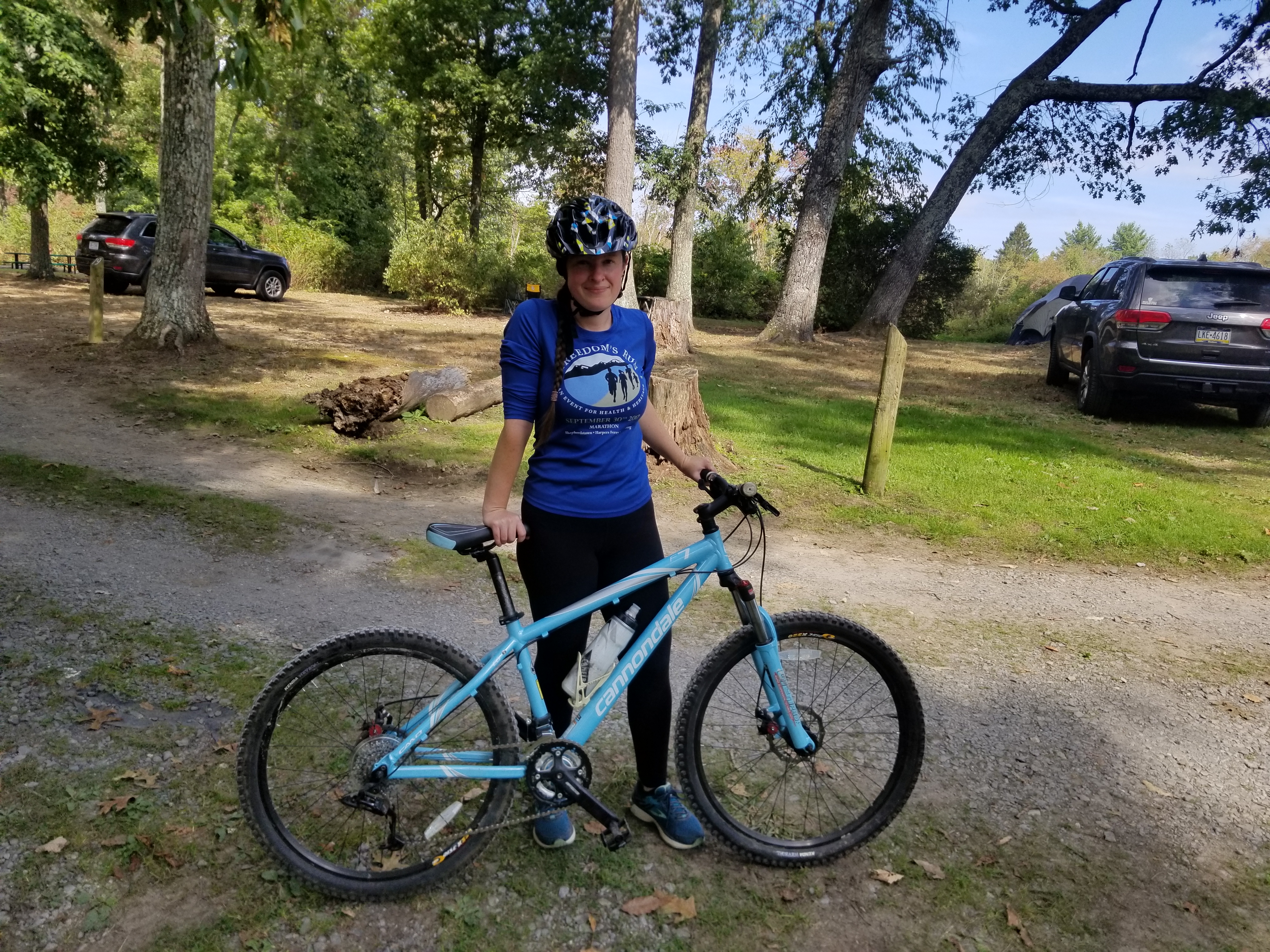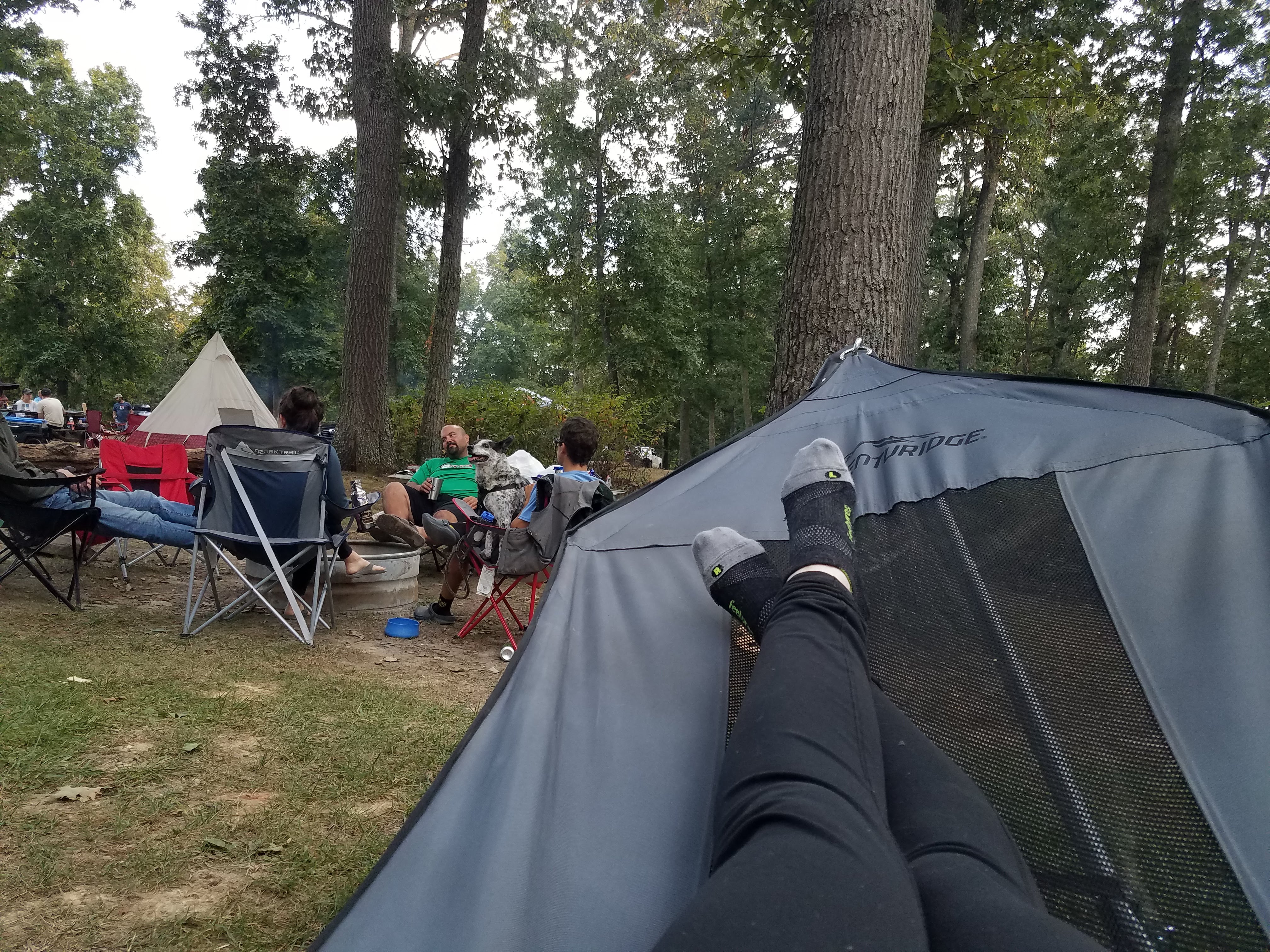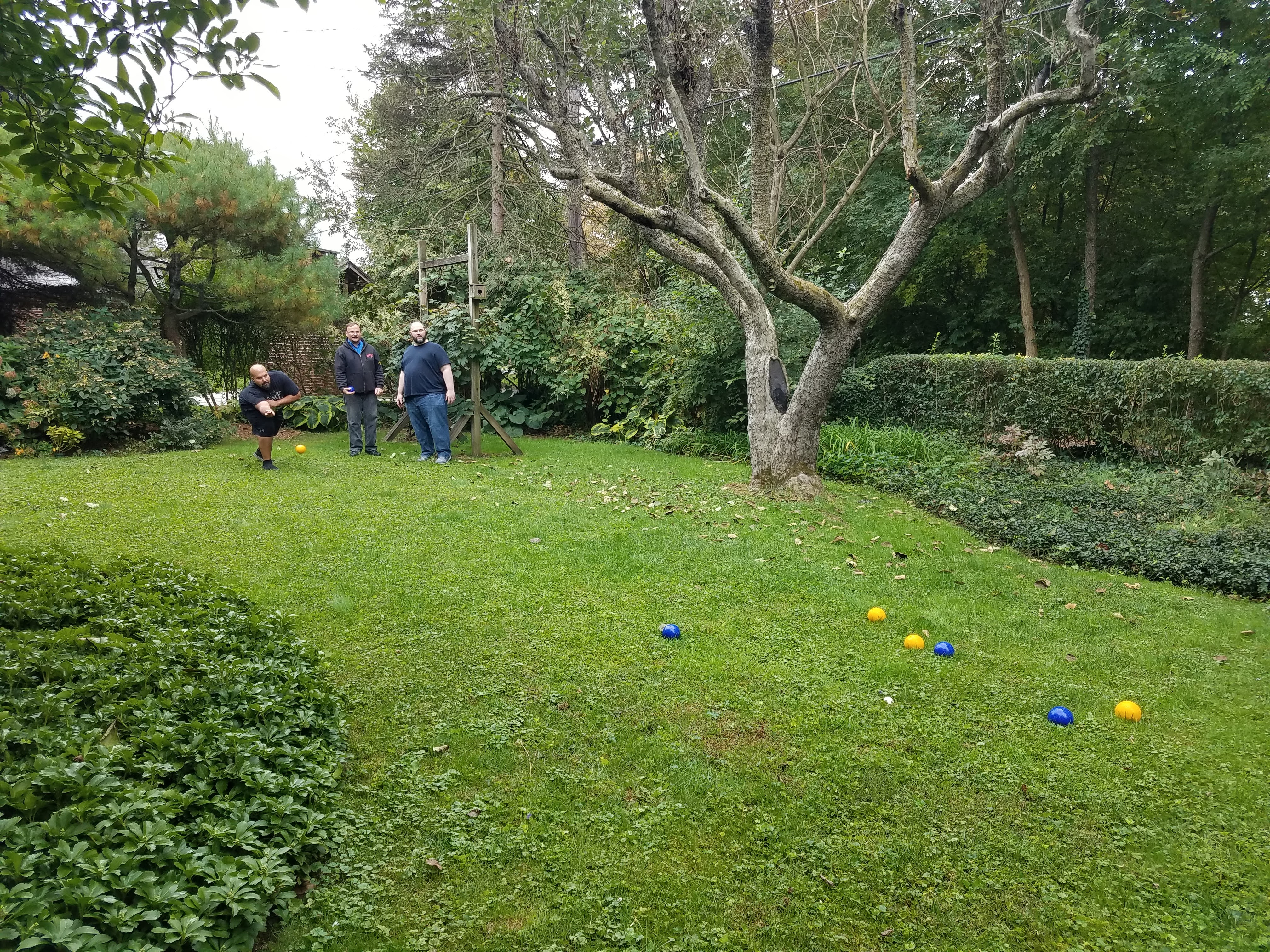Part 3 – Active Down Time
In last week’s post,[1] I talked about my meditation practice as a way of creating (and maintaining) restorative down-time for myself. This week I intend to cover a topic that is far more difficult for me to wrap my head around: play. I have read and listened to research on the myriad benefits of time spent unproductively, but it feels increasingly hard to justify as schedules become more and more packed.
Granted, during COVID-19, some of us have been fortunate enough 1) to recognize how important self-care is, and 2) to have achieved it to a small extent. I am aware that I am in an incredibly small and blessed group of people who are able to experience some measure of relief from a reduced social schedule. However, that makes it even clearer to me that if I need down-time but ultimately have the ability to create it for myself, those who are less able to find that time for themselves need it even more than I do.
Stephen Covey
The title of this series, “Sharpening the Saw,” is from Stephen Covey’s The 7 Habits of Highly Effective People.[2] I think I own the book, but I have also never actually read it. Furthermore, I could not have listed his “seven habits” until I looked them up for this blog post. I have heard them all quoted over the years (not necessarily knowing the source), and I have certainly practiced them all since business school, thanks to guidance from various bosses and teachers. … all except the last habit, that is.

I have spent so many years trying to become a better multitasker, to become more efficient, to learn more, do more, and get more accomplished, that it feels unbelievably selfish and indulgent to spend time doing nothing – or worse, doing something that has no result or output. According to Covey, “we must never become too busy sawing to take time to sharpen the saw.” He speaks of renewal in four major areas: physical (eating well, exercising), social/emotional (connecting with others), mental (learning, teaching), and spiritual (time in nature or service).[3]
I recently had an amusing conversation with my therapist during which I said I understand why unproductive down-time is important for me. She asked why. I laughed and replied that it would ultimately increase my productivity. She also laughed and said she figured that’s what I would say. I feel like the only way I can justify incorporating down-time into my life is by focusing on the benefits I’ll get from it – at least at this point.
Stuart Brown
Stephen Covey’s perspective strikes me as more of a utilitarian / ends-justify-the-means approach, but that could also be what I’m bringing to it. What really got me down this path in the past few weeks was learning more about Stuart Brown and what he calls “play.”[4] I first heard about this concept on Brené Brown’s podcast, particularly regarding why play has been crucial during the pandemic.[5]

Stuart Brown defines play as “time spent without purpose” – activities where you lose track of time, where you feel free to be yourself, where you feel uninhibited and free. Play is “purposeless, all-consuming, and fun.” By playing, we increase our creativity, adaptability, and problem-solving skills. In that, I guess I can still justify play time as being beneficial, but what I’m really having a hard time with is finding something that counts as play.
In part one of this series,[6] I talked about my hobbies and how they all have some kind of productive output or external measure of success. Even though I love spending time doing these things, it can be draining. Furthermore, I’m hesitant to spend time playing if I see the express purpose as doing it to increase my mental wellbeing – I think I would see that as a chore or a task, rather than what it is meant to be: pure fun.
Playtime
I appreciate the irony of researching and writing a blog post about play, and then identifying activities that fit a definition of play, rather than just going out to play. I have definitely hit analysis paralysis. I’ve been trying to build out a list for several weeks of planning this post, and here’s what I came up with that fit Stuart Brown’s criteria:
- hiking
- (very easy) mountain biking
- hanging out with friends around a campfire

Mountain biking almost didn’t make the list because I don’t necessarily have fun (depending on how challenging the course is), and I don’t necessarily feel free to be myself (if I’m judging myself on how poorly I’m riding). But as with chanting in Sanskrit, which I described in last week’s post on meditation, a challenging mountain biking course doesn’t leave a lot of mental bandwidth for me to judge my own performance.
Hiking doesn’t feel purposeless because I know I’m taking time to appreciate nature and that physical activity supports my health. Spending time with friends doesn’t feel purposeless either, because I know I’m taking time to nurture those relationships. There are plenty more activities that didn’t make the list because they weren’t all-consuming enough or fun enough, but my biggest hurdle was in finding things that were purposeless – because everything I want to do has some purpose or benefit.
In Stuart Brown’s TED talk on the subject, he says “if its purpose is more important than the act of doing it, it’s probably not play.”[7] So given that, I’m going to try to focus less on whether or not there is a benefit and more on whether the benefit is my primary reason for doing it. As it happens, I had the chance to do some of these activities recently on a camping trip with friends, and I was surprised at how much time I spent in the moment and how little attention I paid to whether or not I was “playing.”
I guess the lesson here is that I should stop overthinking it (and writing about it!) and just go do it.
~
What do you do that is purposeless, all-consuming, and fun? How do you make sure you have time to do it? I would love to hear your advice below.
Thanks for reading!
[1] https://radicalmoderate.online/sharpening-the-saw-part-2/
[2] https://www.goodreads.com/book/show/36072.The_7_Habits_of_Highly_Effective_People
[3] https://www.franklincovey.com/habit-7/
[4] https://www.plays-in-business.com/stuart-brown-why-playing-is-vital/
[5] https://brenebrown.com/transcript/on-my-mind-rbg-surge-capacity-and-play-as-an-energy-source/
[6] https://radicalmoderate.online/sharpening-the-saw-part-1/
[7] https://www.ted.com/talks/stuart_brown_play_is_more_than_just_fun?language=en
0 Comments